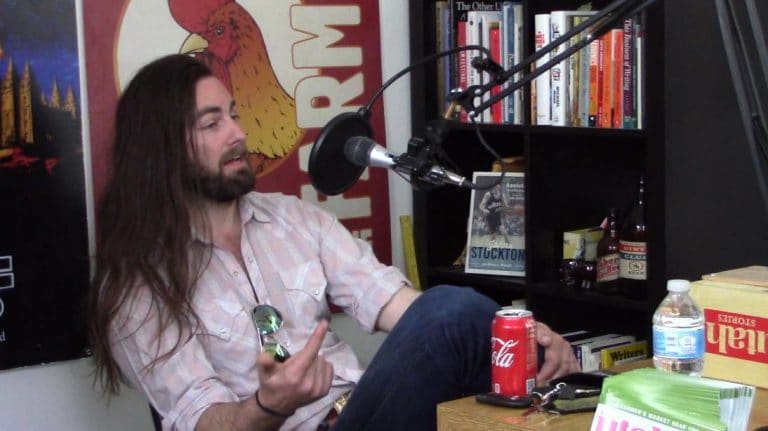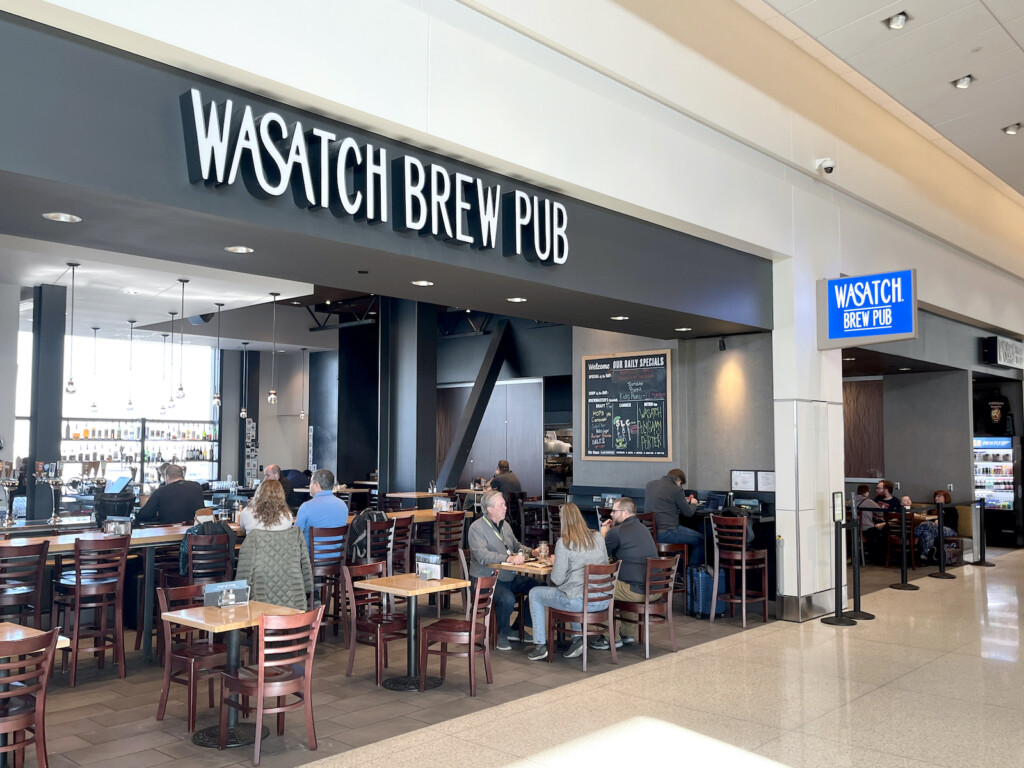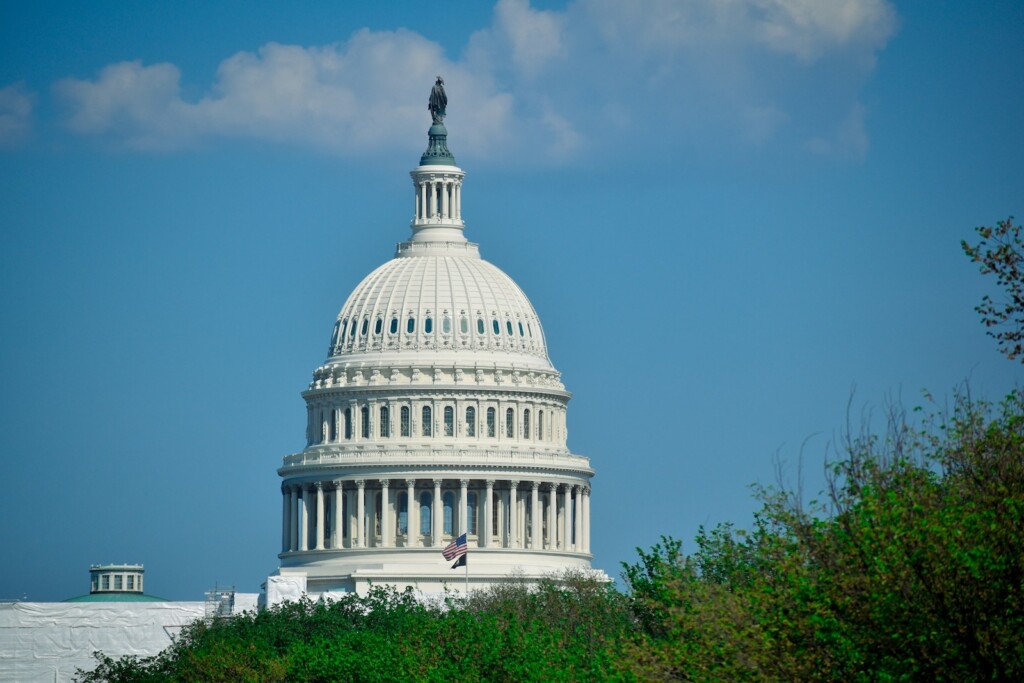Medical cannabis will be sown in Utah, but will the profits be reaped elsewhere?
Now that medical cannabis in Utah has been legalized, it’s time to turn our attention to how the medicinal plant will be grown—will there be supply to meet the projected demands?—and, maybe more importantly, who will be able to grow it?
It’s an important question because the State will only be issuing 10 medical cannabis grow permits for all of Utah, and with the initial investment of $100,000 just to apply, which guarantees nothing, having to fill out the extremely complicated RFP paperwork in just 30 days (not the initial six month time allowance), it seems these permits will likely be awarded to big corporate agri-growers from out of state—those that have the green get the green.
The very serious problem with this is there is going to be a major windfall of profits from the thousands and thousands of patients being served because those profits from medical cannabis grows will be jumping state lines.
And the little guy, the local farmer, is the first to lose out, and then it is us, our local communities, the patients who lose out next by not keeping local Local.
Lyle Christensen is a fifth-generation Mormon pioneer farmer. He is also one of these “little guys,” a local farmer, trying to get into the medicinal cannabis grow game—Lyle is trying to get 1 of the 10 medical cannabis grow permits in all of Utah.
“This is such a great opportunity. I feel like if I didn’t apply for it, I feel like I would regret it,” Lyle said.
But it won’t be easy.
Is the government creating the idyllic situation for corporations?
Lyle thinks so.
It’s almost naive, if not so, to think otherwise. He said, “They’re trying to go for the highest bidder, not who deserves it the most.” But Lyle isn’t entirely without empathy. He understands why they would bring in some out-of-staters because they want experience, people who already know what they are doing.
“But at the same time,” he said, “as a fifth generation farmer, as a centennial farmer, I was hoping the department of agriculture would be advocating for farmers like me because these big farms coming in, they already have millions of dollars, some of them already have 20 grows or more in multiple states.”
It seems almost personal for Lyle. It makes sense, though, because to him, and likely every other hardworking farmer out there, farming is never about money and is a lot more than just growing things.
For Lyle, farming is about connecting with nature and family heritage. It’s about sustainability.
And it’s about doing the right thing.
“Let the little guys have a chance,” Lyle said.
On today’s Utah Stories Show, we sat down with Lyle and talked about this and how Utah and policymakers and our economy have gone off the rails in terms of our ability to support local farmers and industrious people.
This was an incredible conversation—it’s a dialogue we all need to be having right now. So that’s what we did.
Please Join us for this informative discussion about medical cannabis in Utah with local farmer Lyle Christensen.






